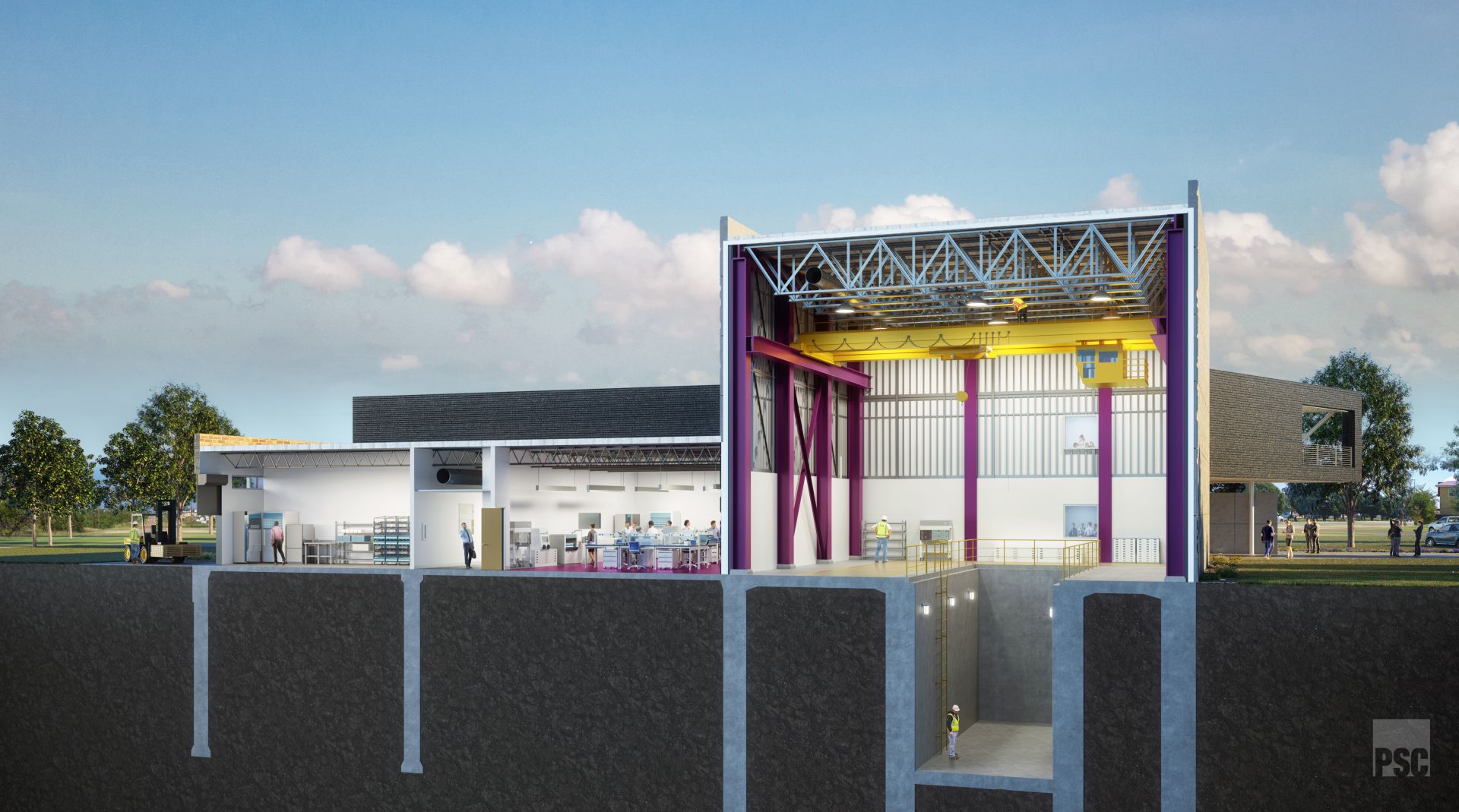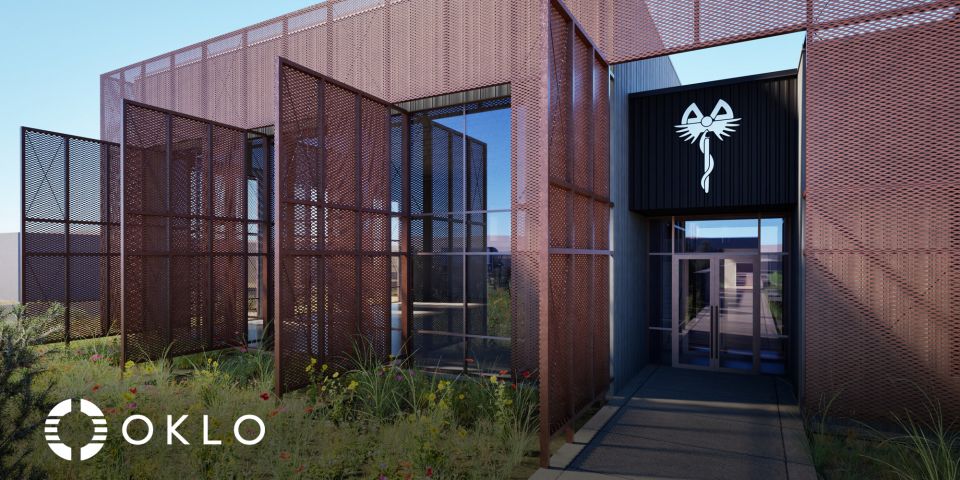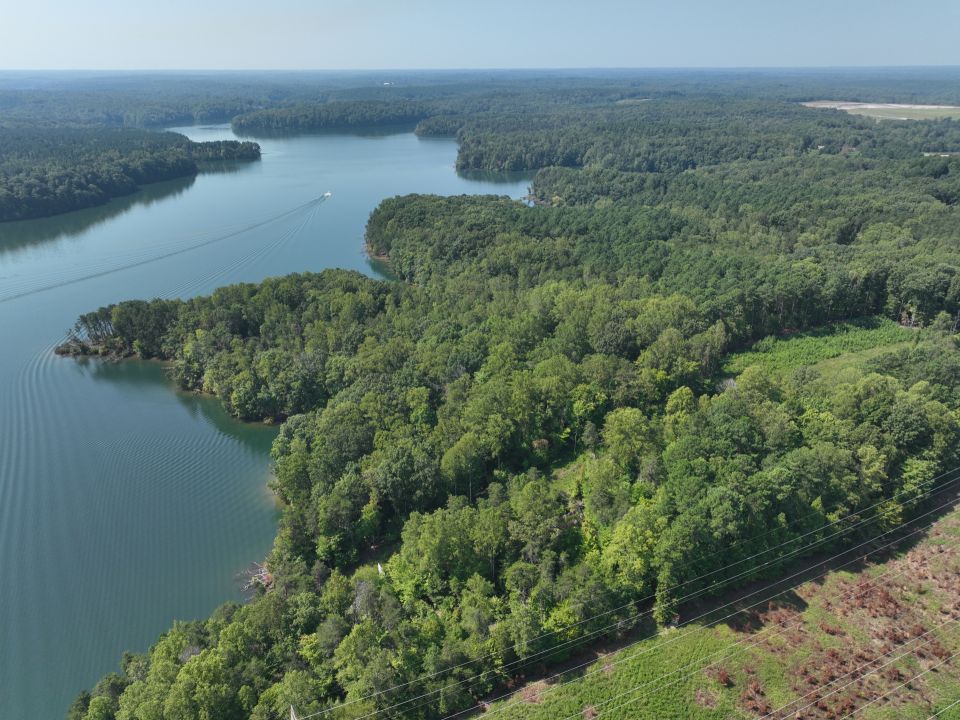An artist rendering of the Science and Engineering Research Center under construction at Abilene Christian University. The SERC will house the NEXT Lab's new advanced university research reactor sponsored by Natura Resources.
The first university-based molten salt research reactor (MSRR) is one step closer to reality with Abilene Christian University’s Nuclear Energy eXperimental Testing (NEXT) Laboratory recently signing a contract with Teledyne Brown Engineering. After considering more than a dozen engineering firms, the NEXT Lab selected Teledyne Brown to perform the front-end engineering and design work to produce the reactor on the Abilene campus. The contract was described by NEXT Lab director Rusty Towell as “a significant step into the detailed design and construction phase of this project.” The hope is that the 1-MWt MSRR will go critical in 2025.
Collaboration: The ACU-Teledyne Brown contract is part of a $30.5 million sponsored research agreement and collaboration between the NEXT Research Alliance and Natura Resources to design and construct a university-based advanced MSRR that will be licensed by the Nuclear Regulatory Commission. The NEXT Research Alliance includes ACU, the Georgia Institute of Technology, Texas A&M University, and the University of Texas at Austin. Teledyne Brown president Scott Hall says that his company believes “in the potential for commercial realization of the technology presented by ACU.” The NEXT Lab plans to submit the construction permit application for the MSRR to the NRC later this year.
New research center: According to ACU, the ongoing construction of its new Science and Engineering Research Center, scheduled for completion on campus during the summer of 2023, is a key element of plans for the MSRR. The completed research center will give the NEXT Lab the facilities it needs to fulfill the research agreement with Natura Resources.
The MSRR at ACU will serve as “the first step to achieving real-world solutions to some of the world’s most critical needs, including safer, cleaner, and less expensive energy; pure and abundant water; and medical isotopes for diagnosing and treating cancer,” according to a NEXT Lab statement.
.jpeg)

-3 2x1.jpg)



